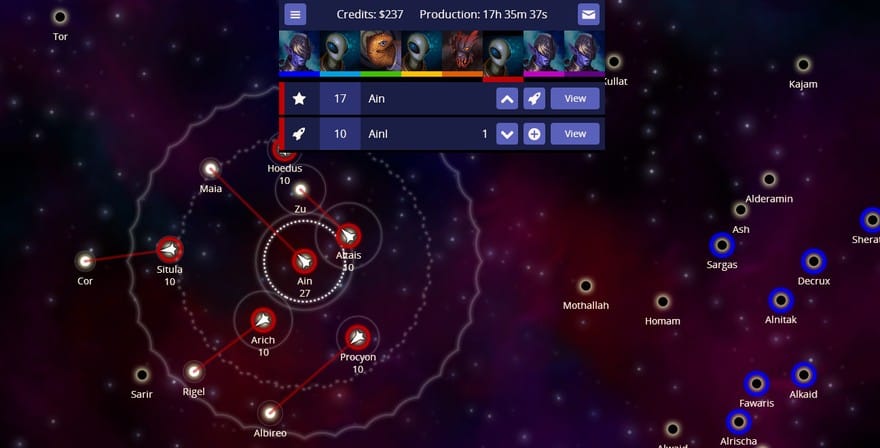The rise of slow gaming, our cultural antidote to Angry Birds

This article is part of a collaboration with iQ by Intel.
There’s never enough time. And yet we seek to fill every moment—in line at the grocery store, waiting in the dentist office, before we fall asleep—with something. The rise of mobile phones has given everyone instant access to distraction, and often we employ a bevy of tiny games to fill these cracks in our day. So we graze on what we can: a quick round of Two Dots, or a lap around the track in CSR Racing, or, bless you, the old standby Solitaire. These are one-and-done instances, fast-food gaming, each a complete interaction but greasy and lacking nourishment. Even traditional game-players sit at their consoles or PCs and complete a mission or destroy a boss before saving, quitting, and coming back later, the larger adventure just a series of intermittent quests.
But a new trend is emerging that hopes to entangle players in longer, more sustained experiences that are not afraid to take their time. Neptune’s Pride by Iron Helmet Games may seem like your typical space-opera role-playing game, but what’s different is the timescale of each game: One mission may take place over days, or even weeks. Each player commands a fleet of ships; the goal is to take over neighboring star systems, each defended by other players online. But the universe is vast: enter your orders to warp toward a distant planet and you might not arrive for a dozen hours. So you log in, execute the day’s commands, and then go about your day. Potential recourse of your actions simmer in the back of your mind. If Angry Birds is KFC Popcorn Chicken, Neptune’s Pride is slow-cooked ropa vieja. The flavor comes from the waiting.
Longer, more sustained experiences that are not afraid to take their time.
“When you are really busy with work and family, it can be hard to find a few hours to set aside just for gaming,” says Jay Kyburz, lead developer on Pride and founder of Iron Helmet Games. A game that lasts five minutes is perfect, he says, and ascribes that quick-burst accessibility to mobile games’ soaring popularity. But most experiences are insular, providing access to the next round of challenges but with little long term consequences. “If your five-to-ten minutes of gameplay were a part of some larger strategy game… [and] then if the game were to last all week, it would really get under your skin.”
Other games have toyed with the conventions of time. The Animal Crossing series from Nintendo runs on a real-world clock; when it is 11:00 pm, the game world’s sun has set and villagers are asleep. In April, bare-limbed trees begin to blossom. To catch the game’s many insects and fish, many arriving only during their seasonal migration, the player has to play intermittently for twelve months.
Uber-successful mobile games such as Supercell’s Clash of Clans offer time as an impediment: Certain tasks take hours to perform, unless in-game currency is used to speed up the process. These funds are in short supply, but you can use real-world money to circumvent the wait. Kyburz sees such temporal boundaries as a positive, though, if players are willing.

He maintained the slow pace of play for a sequel, Neptune’s Pride II: Triton, which came out in 2013 and builds on the original’s ideas. The tagline calls Pride II “a board game for the web,” and the comparison makes sense. This is a game about taking over the galaxy, but it’s really about communication and planning, just as classic strategy board game Diplomacy is less about military tactics and more about reading the players in the room.
Or on the other side of the world. Both Diplomacy and Chess inspired a kind of long-term, long-distance play decades before the internet connected hemispheres. Each player would send off their moves in an envelope, their decision shuttled across time zones and implemented by their opponent whenever they retrieve their mail. Today, the very concept of physical messages exchanged through the postal service is labeled derogatively: snail mail, we call it. Too slow, we chide.
The prospect of waiting is increasingly seen as anathema to our fast-moving culture.
Other modern mediums exhort the fast-and-now over the bit-by-bit. Netflix broke open the long-standing tradition of television programs dripped over the air for months, instead choosing to splash an entire season of episodes all at once. Twitter is a communication machine-gun, the day’s developments spat out in rat-a-tat chunks before the proverbial dust has settled. We can have everything all at once, right now. But sometimes there’s a sweetness to anticipation.
“You have time to think about things,” Kyburz says, “mull them over.” That same sense of long-simmering possibilities is impossible in other multiplayer online games like Call of Duty where each battle is a race to the most headshots. Such immediate pleasures are still de rigeur. But there are battles, and there are wars. The tide is shifting. Iron Helmet Games wants to continue their experiments in long-form gameplay. Their next game, Blight of the Immorals, drops players in a world of the undead. The only way to survive: patience. The prospect of waiting is increasingly seen as anathema to our fast-moving culture. But we all make choices. You can buy a packet of bouillon cubes. Or you can boil a pot of bones.



